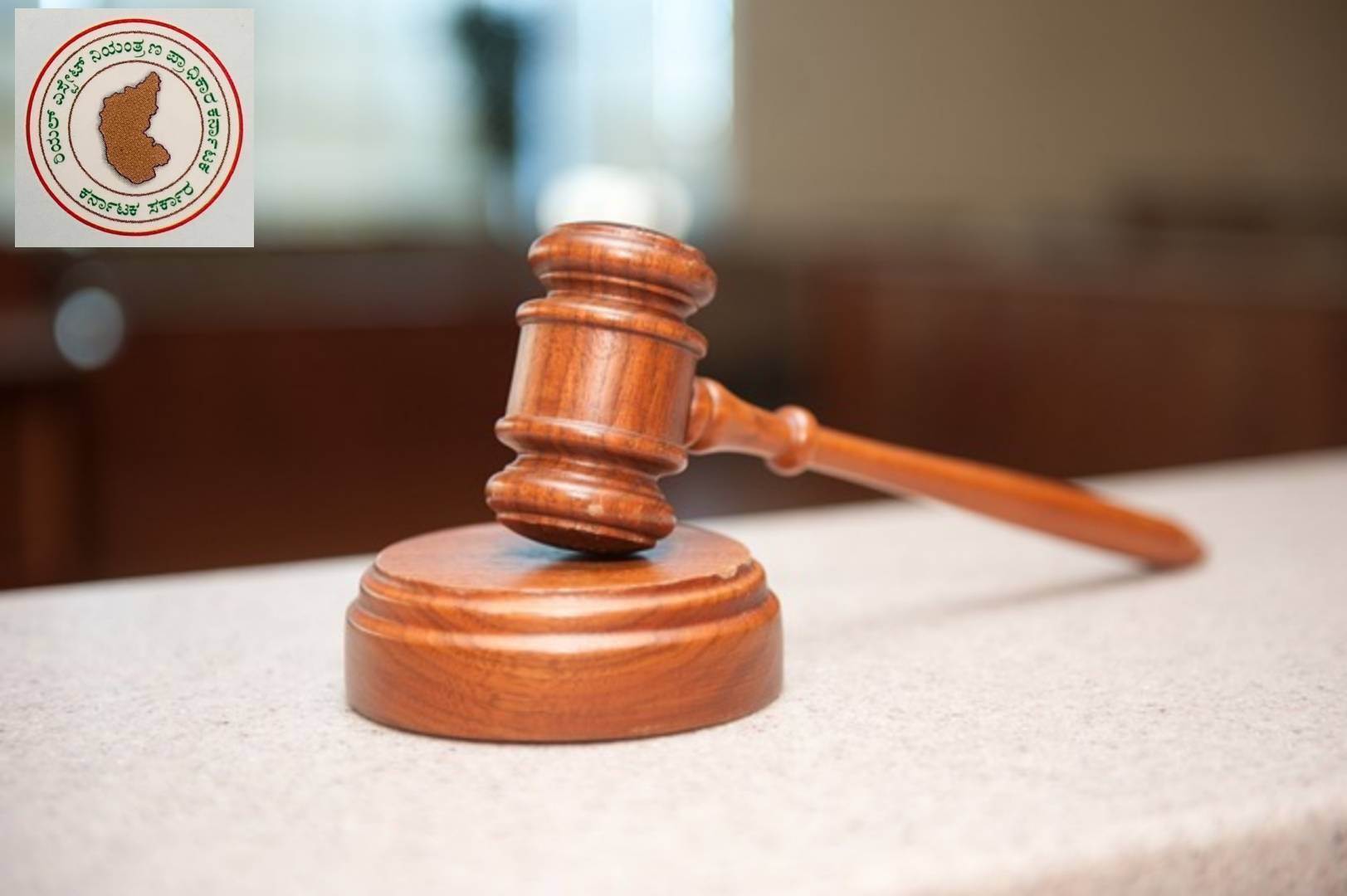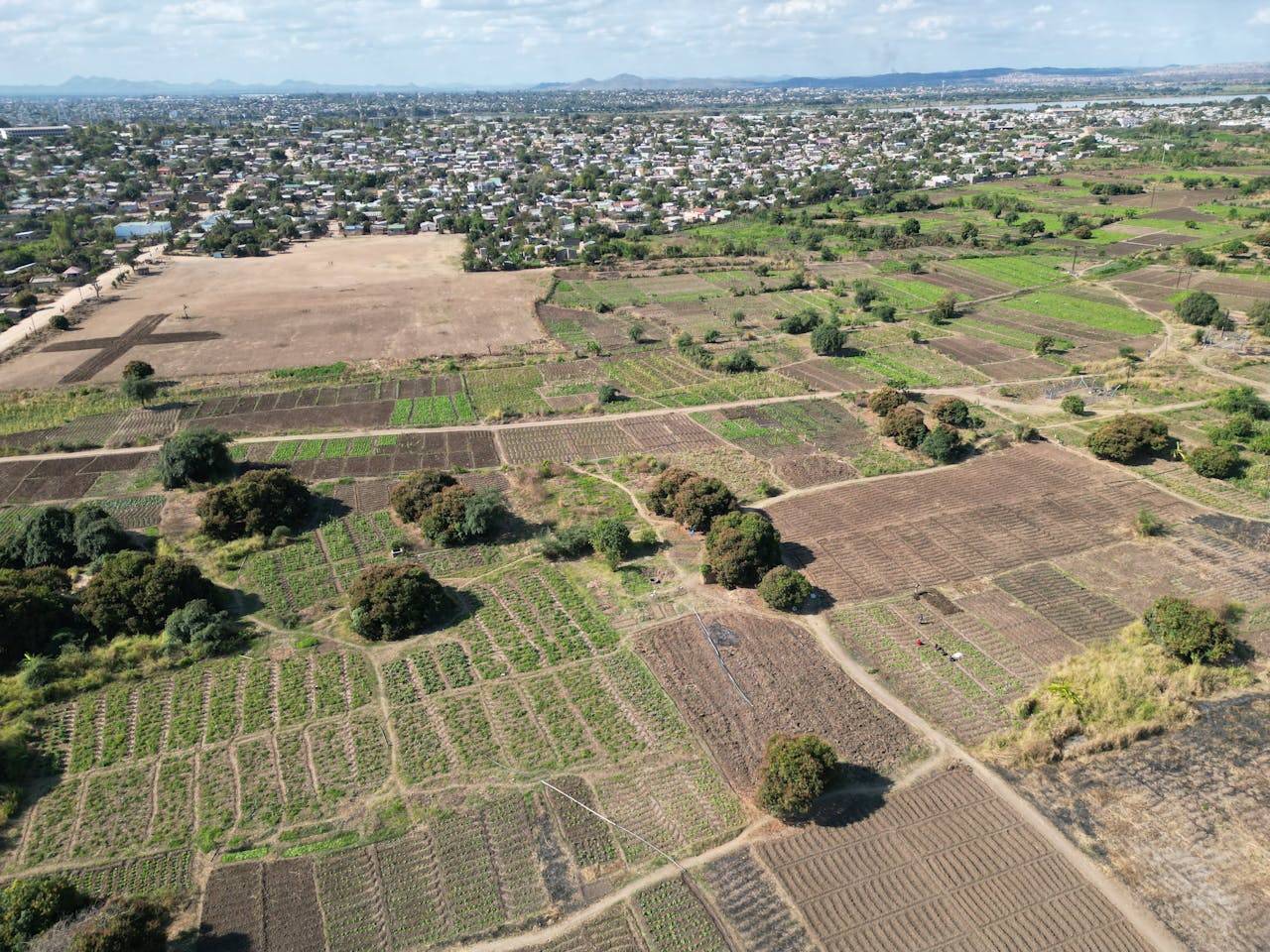Purchasing a home is one of the most significant financial decisions many individuals will ever make, especially for first-time buyers. The process can often feel overwhelming with numerous steps, complex paperwork, and a range of factors to consider. However, asking the right questions to your real estate broker can simplify the journey and give you the confidence to make an informed decision. In 2025, the real estate market is evolving with fluctuating property prices, faster home loan disbursals, and updated Real Estate Regulatory Authority (RERA) compliance. Understanding these trends is crucial for a seamless and transparent home-buying experience.
To help you make the best choice, here are the key questions you should ask your broker before taking the plunge into homeownership.
1. Cost Breakdown: What Are the Hidden Costs?
The first step in purchasing a home is understanding the total cost of the property. Many first-time buyers focus solely on the base price, but this can be misleading. In addition to the base price, there are several hidden costs involved in buying a property.
Key Questions:
- What are the miscellaneous costs beyond the base price?
These hidden costs include stamp duty, registration fees, parking charges, maintenance deposits, and society move-in charges. These are often not disclosed upfront and can add significant amounts to your budget. - Are there preferential location charges (PLC) for specific units?
Properties located in prime areas within the development may come with an additional cost, so it's important to ask about location-based pricing. - What is the schedule of payment milestones?
Understanding the payment structure from the outset helps you plan and avoid surprises.
Don’t forget the legal and documentation costs either—title deed verification, lawyer services, and stamp duty all contribute to the final price.
2. Understand the Property’s Market Position and Resale Value
A home isn’t just a place to live; it’s an investment. Therefore, understanding the market position and potential resale value is crucial.
Key Questions:
- How many units are still unsold?
The number of unsold units can indicate how desirable the property is. If many units remain unsold, this could signal low demand, which may impact the resale value. - Has there been any price appreciation over the last year?
Asking about past price trends will give you an indication of whether the area is appreciating in value. - What type of buyers are investing in this project?
Understanding the demographic targeting the property can help you evaluate whether it aligns with your long-term investment goals.
Additionally, inquire about infrastructure projects nearby. Developments like metro lines, shopping centers, and schools can significantly boost property values in the long term.
3. Flexibility for Customization and Modifications
Before finalizing your decision, ensure you know what changes you can make to the property. Different properties may have different policies about modifications, especially under-construction homes or resale properties.
Key Questions:
- Can I make internal modifications like removing walls or changing layouts?
Modifications are often easier in newly built homes, but they may be restricted in resale properties. - Are external modifications such as balcony enclosures or facade changes allowed?
If you plan on customizing the appearance of your home, this is an important question. - Can I customize interiors such as flooring, wall paint, or fixtures?
Knowing what you can change about the interior is essential for creating a space that suits your tastes and needs.
4. Verify Broker Credentials and Background
The right broker can make the process easier and smoother. It’s essential to work with a professional who has a good track record, experience, and transparency in dealings.
Key Questions:
- Are you RERA-registered?
The Real Estate Regulatory Authority (RERA) ensures that brokers follow legal and ethical standards. This can provide you with more confidence in their services. - Can you provide references from previous clients?
Past client testimonials can provide insight into the broker's professionalism and reliability. - Do you specialize in the area I am looking to buy in?
A broker with expertise in the specific area you're interested in can help guide you based on local trends and regulations.
In addition to these, make sure to clarify the broker’s fees—whether they charge a flat rate or a percentage of the deal—and when the payment is due.
5. Site Visits, Inspections, and Final Deal Tips
One of the most important steps in buying a home is to visit the property and conduct a thorough inspection. This is an opportunity to evaluate the physical condition and amenities of the home.
Key Questions:
What is the history of ownership?
Knowing the history of ownership can help you identify potential legal or ownership disputes that might complicate the transaction.
- Are there any ongoing maintenance issues?
Check for past issues with plumbing, electrical systems, or structural integrity. These could become costly repairs down the line. - What’s the potential resale value of the property based on area trends?
Understanding long-term area trends is crucial to ensuring the property remains a good investment.
When it comes to finalizing the deal, ensure that the payment schedule, possession timeline, and property condition meet your expectations.
6. RERA Compliance and Legalities
In 2025, several states in India have updated their Real Estate Regulatory Authority (RERA) guidelines to protect homebuyers. Ensure that the project you are considering is RERA-registered to avoid legal complications.
Key Questions:
- Does the project have a valid RERA number?
This is essential for ensuring the project is legally compliant. - Has the builder uploaded quarterly progress reports to RERA?
Ongoing progress reports are part of RERA's regulations and help buyers stay updated on the project's status. - Are there compensation clauses in case of delays?
If the builder fails to meet the agreed-upon timelines, RERA mandates compensation for the buyer. Ensure this clause is in your agreement.
7. Property Insurance and Protection
Before purchasing a home, it's essential to ask about the insurance options available for the property. In case of damage due to unforeseen circumstances, having coverage in place can save you from significant financial losses.
Key Questions:
What type of property insurance is available?
Inquire about the different insurance options available to protect the property from damage, fire, natural disasters, or theft.
Is the property covered under the builder’s insurance until possession?
Builders often provide insurance for the property until possession is handed over. Make sure to ask if this is the case.
Can I add my own insurance policy?
Ask whether you are allowed to add your personal insurance plan for extra coverage or whether you must rely on the builder's policy.
8. Builder’s Reputation and Project Delivery Track Record
It's crucial to evaluate the reputation of the builder and their history of delivering projects on time and meeting quality standards. Researching this can save you from future headaches.
Key Questions:
- Can you provide examples of previous projects?
Ask for information about other projects the builder has completed, including their reputation for timely delivery and quality. - Have there been any delays in the builder’s previous projects?
Inquire about any instances of delays or issues with previous projects that could impact your decision. - How does the builder handle customer complaints and warranty claims?
It's important to know how the builder deals with potential issues once the property is delivered. A good builder will have a clear and responsive system in place for addressing complaints.
Conclusion:
Buying your first home is an exciting yet complex journey that requires careful thought and planning. To make the best decision, it's essential to ask the right questions about hidden costs, market trends, the property’s potential resale value, legalities, and your broker's credentials. These questions will help you uncover crucial details that can prevent costly mistakes and ensure you’re making a sound investment. In 2025, with a thorough understanding of the evolving real estate market and by seeking expert advice, you can approach the home-buying process with confidence. Taking the time to conduct proper due diligence, weigh all options, and make decisions based on facts rather than emotions will ultimately lead you to a successful and rewarding homeownership experience.









.png)